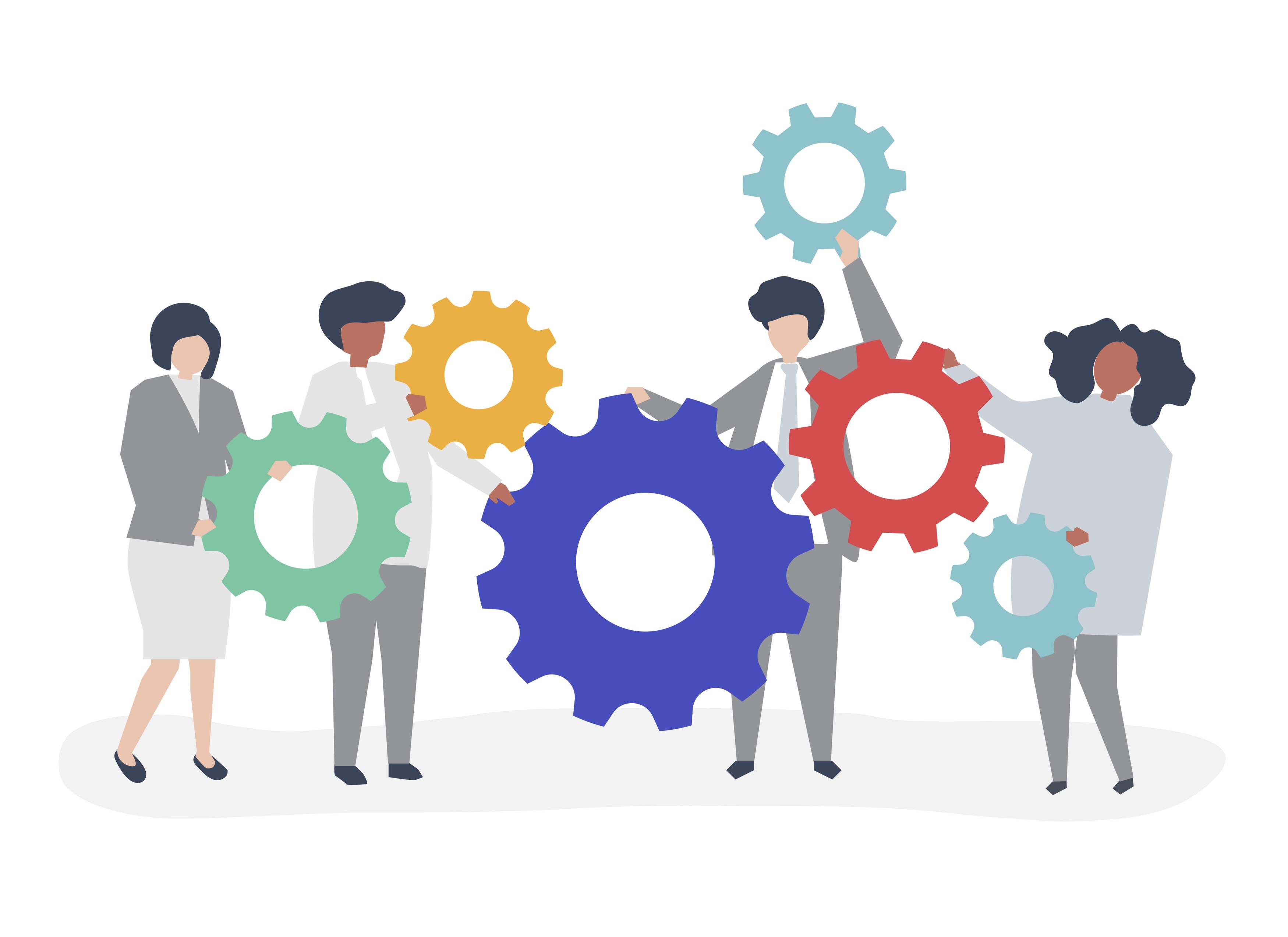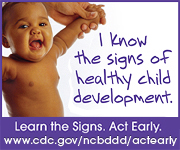Project
CONNECT
Maine Developmental Disabilities Council

What is Advocacy, Anyway?
Working at the DD Council, we focus a lot on advocacy. Governmental advocacy, self-advocacy, family advocacy (you get the picture). We may think about advocacy as something that takes a lot of time (going to protests!) or expertise (arguing with lawyers at the legislature, writing brilliant policy proposals).
The dictionary says that advocacy is *the act or process of supporting a cause or proposal*. It’s a means to solve a problem; actions that are intended to have a particular outcome.
On one hand, it’s simple: advocacy is action, usually indirect action. By “indirect”, I mean that the action itself doesn’t directly solve a problem.
Advocacy can be individual or systemic.
Individual advocacy is short term action undertaken by or on behalf of a person or family that will help them solve a problem or make things better. If successful, things might also improve for others, but that is not the goal. Individual advocacy usually involves knowing, pretty specifically, what you want, communicating it, understanding your rights and responsibilities in the context of the situation, and utilizing available resources to get your needs met. It can be as simple as asking for and receiving a reasonable accommodation or as complex as having an attorney represent you in a formal complaint.
Systemic advocacy is long term strategy and action taken that is intended to make things better for a group of people. Systemic advocacy usually takes longer, is more complex, and has less predictable outcomes.
It involves:
- Engaging with the community/increasing awareness
- Taking action to prevent negative changes, or to bring about positive changes in social policy areas,
- Demonstrating determination in facing obstacles, long term, strategic, based on solid information, i.e. research to support claim/demand.
- Understanding the political context and environment
- Seeking to make changes in the way services are planned, managed and delivered

The DD Council is charged with doing “systems change” – with doing systemic advocacy – to help improve the lives of Mainers with developmental disabilities. The members of the Council – people with developmental disabilities, parents and family members, and representatives of state agencies – decide on our priorities for people with developmental disabilities in our state, and the staff of the Council work to implement those priorities. We spend time at the State House, testifying and educating policymakers about how the bills they are considering will affect the lives of Mainers with developmental disabilities. We raise awareness of issues, like the importance of early childhood interventions or the value of truly inclusive employment practices. We work with coalitions of stakeholders, fund projects that we think will “move the needle” on the issues facing Mainers with developmental disabilities, and support self-advocacy throughout the state.
We are proud of the advocacy we do for and with people with developmental disabilities in Maine! How can we help you be a better advocate to improve the systems that affect people with developmental disabilities?


